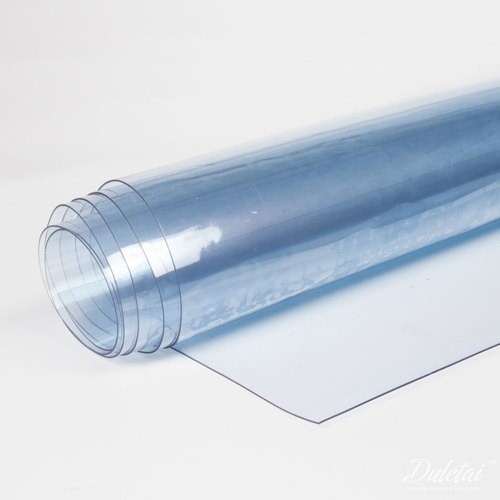
Plasticizers in Food Packaging
Food-grade plasticizers are often used as additives in plastic food packaging to increase the plasticity or to decrease the viscosity of wrapping material. These can alter the physical properties of the packaging which results in augmented flexibility and reduced brittleness. This is achieved by decreasing the molecular attraction between the polymer chains which eases any form of processing.
To begin with, let’s define plasticity, plasticizers and food-grade plasticizers.
PLASTICITY
Plasticity, or plastic deformation, is the ability of a plastic in its solid, cured state to undergo deformation. This deformation is usually permanent in nature. In other words, it defines the extent to which a plastic can be shaped or moulded.
PLASTICIZERS
A plasticizer is typically a solvent which, when added to a synthetic resin, promotes plasticity. Chemically, they can belong to varied classes of organic compounds, such as hydrocarbons, fluorinated substances, esters, ketones, alcohols, amines, fats and oligomers. Plasticizers are further divided into two categories based on molecular weight: monomeric (less than 500) and polymeric (more than 500).
FOOD-GRADE PLASTICIZERS
The more commonly used monomeric plasticisers for food packaging PVC cling-films include di-2-ethylhexyl adipate (DEHA) and acetyltributyl citrate (ATBC).
Bio-based plasticizers such as sorbitol, glycerol, mannitol, sucrose and bio-based polyethylene glycol are often added to increase the plasticity of edible films. These food-grade plasticizers are produced from plants and agricultural-based glycerin derivatives.
Traditionally, phthalates have been used as plasticizers. Phthalates are esters of phthalic acid and are also used as solvents in cosmetics. However, the use of this class of chemical compounds has been linked to the causation and prevalence of asthma, ADHD, breast cancer, obesity and many other atrophying conditions and diseases. Considering the dangers associated with the use of this chemical category, many different plausible alternatives have been and are being researched. Additionally, no single phthalate or it’s alternative can be a fit-all solution and many different applications need to studied while researching and developing substitutes.
DEHA is a popular non-phthalate plasticizer. DEHT (US) and DINCH (Europe) are other popular non-phthalate plasticizers that have proven to successfully replace their phthalic counterparts rather efficiently in most applications.
More emphasis on bio-based plasticizers has been observed in the past couple of year to increase the circularity of this application.







